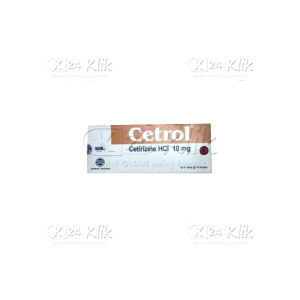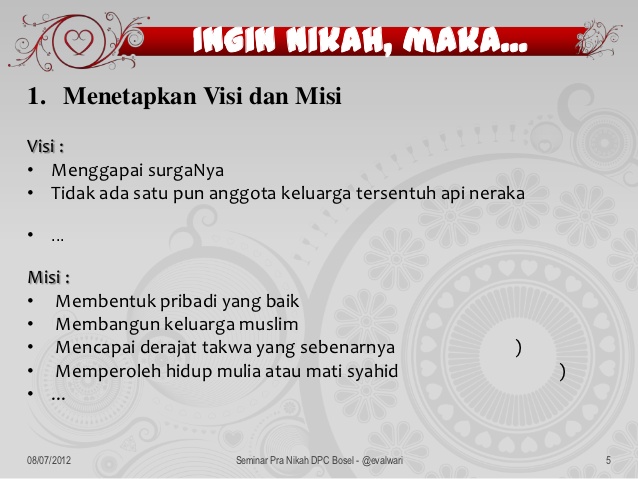Cetrol Cetirizine is a commonly used medication that belongs to the group of antihistamines. It is primarily used for the treatment of allergy symptoms such as sneezing, runny nose, itching, and watery eyes. This article will provide a detailed overview of Cetrol Cetirizine, including its uses, mechanism of action, dosage, side effects, and precautions.
1. Uses of Cetrol Cetirizine
Cetrol Cetirizine is typically prescribed to relieve symptoms of allergic rhinitis, commonly known as hay fever. It works by blocking the effects of histamine, a substance in the body that causes allergic reactions. By preventing the actions of histamine, Cetrol Cetirizine helps alleviate symptoms like nasal congestion, sneezing, itching, and redness.
Additionally, Cetrol Cetirizine can also be used to manage symptoms associated with other allergic conditions, such as hives (urticaria) and allergic conjunctivitis (eye allergies).
2. Mechanism of Action
Cetrol Cetirizine belongs to the class of second-generation antihistamines. It works by selectively blocking the H1 histamine receptors in the body. By doing so, it prevents the binding of histamine to these receptors, thereby reducing or eliminating the symptoms of allergies.
Unlike older-generation antihistamines, Cetrol Cetirizine has limited penetration into the central nervous system, resulting in minimal sedation or drowsiness. This makes it a preferred choice for individuals who need to remain alert and focused during the day.
3. Dosage and Administration
The dosage of Cetrol Cetirizine may vary depending on the patient’s age, medical condition, and severity of symptoms. It is available in various formulations, including tablets, oral syrup, and oral disintegrating tablets. The recommended dosages are as follows:
-
Adults and children (above 12 years): The usual recommended dose is 10 mg once daily.
-
Children (6 to 12 years): The recommended dose is 5 to 10 mg once daily, depending on the severity of symptoms.
-
Children (2 to 5 years): The recommended dose is 2.5 to 5 mg once daily.
It is essential to follow the instructions provided by the healthcare professional or read the package insert for accurate dosage guidance.
4. Side Effects
Like any medication, Cetrol Cetirizine may cause side effects in some individuals. Common side effects include drowsiness, headache, dry mouth, fatigue, and gastrointestinal disturbances like nausea or diarrhea. These side effects are generally mild and resolve on their own without any specific treatment.
However, if any severe or persistent side effects occur, such as rapid heartbeat, difficulty breathing, or swelling of the face, lips, or throat, it is crucial to seek immediate medical attention.
5. Precautions and Considerations
Before using Cetrol Cetirizine, it is important to consider the following precautions:
-
Inform your healthcare provider about any existing medical conditions, such as kidney or liver disease, as it may affect the choice of dosage or require additional monitoring.
-
Cetrol Cetirizine may interact with certain medications, such as sedatives, tranquilizers, or antidepressants. Inform your healthcare provider about any other medications or supplements you are taking to avoid potential drug interactions.
-
Avoid consuming alcohol while taking Cetrol Cetirizine, as it may increase the risk of drowsiness or other side effects.
-
Pregnant or breastfeeding women should consult their healthcare provider before using Cetrol Cetirizine, as its safety during these periods has not been fully established.
-
Individuals with known hypersensitivity or allergies to Cetrol Cetirizine or any of its components should avoid its use.
-
Cetrol Cetirizine may have a slight sedative effect on some individuals. Therefore, caution should be exercised while operating heavy machinery or driving a vehicle until the individual knows how they react to the medication.
In conclusion, Cetrol Cetirizine is an effective antihistamine commonly used for the treatment of allergy symptoms. It works by blocking the actions of histamine, providing relief from conditions like allergic rhinitis, hives, and allergic conjunctivitis. However, it is important to follow the recommended dosage and consider any potential side effects or precautions before using this medication. Always consult with a healthcare professional for personalized advice regarding its use and to ensure its suitability for your specific needs.




